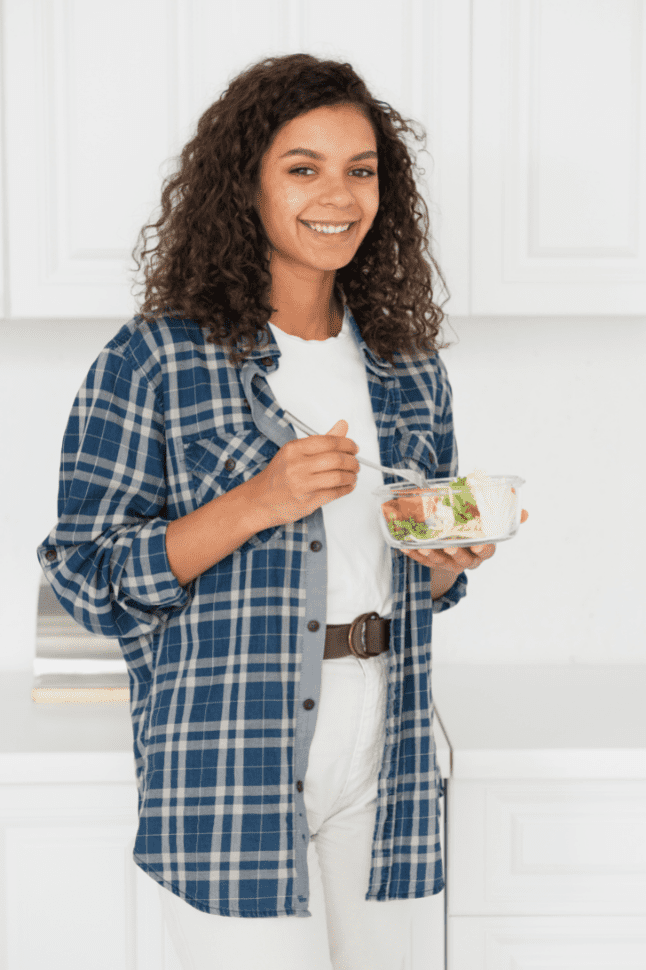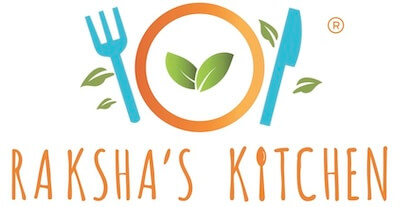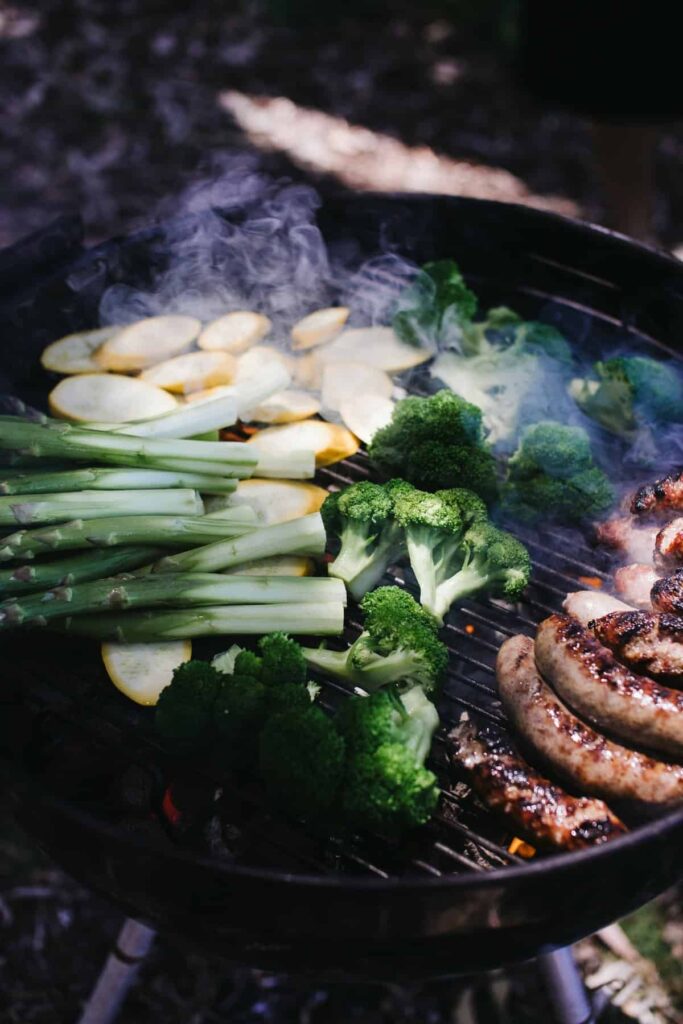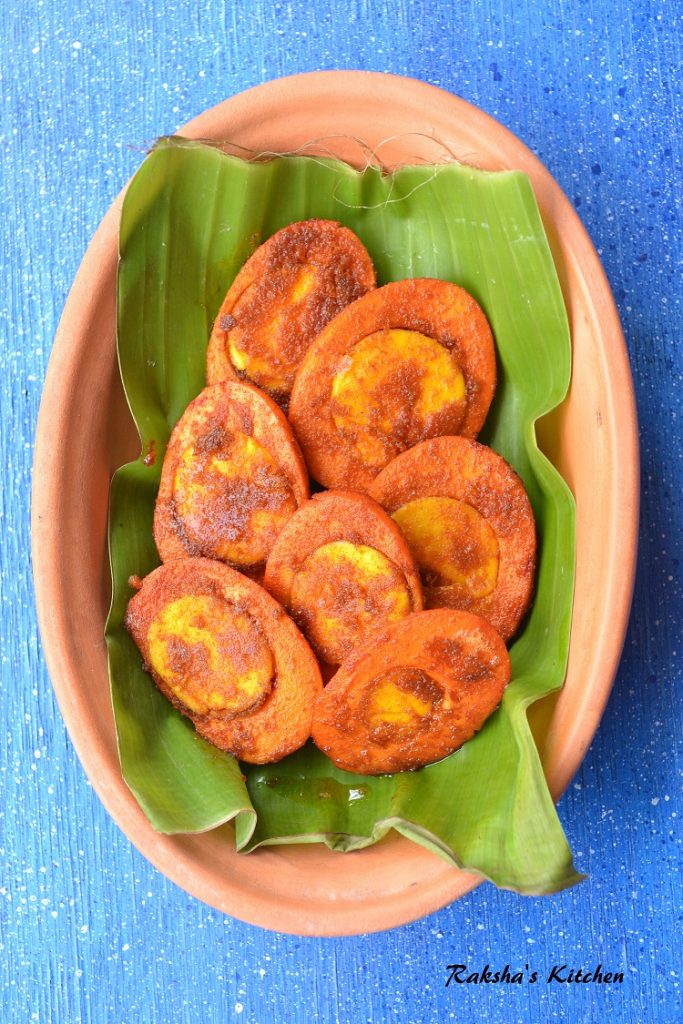There are some low-calorie foods that help support weight loss, no matter the diet plan. Read more here to find out what they are.

Reducing calorie intake is one of the most challenging dietary changes when trying to lose weight. Choosing the best low-calorie diet is a great place to start if you’re serious about losing weight.
However, as explained by Blanca Garcia, RDN, a registered dietitian and nutritionist, no matter what diet you’re on, weight loss is about eating fewer calories than burning off. We don’t absorb every single calorie in everything we eat. However, keeping this balance is crucial whether you’re just living your life or doing a physical workout.
This doesn’t mean that you have to take things too extreme. Instead, go the slow and steady route by filling foods with low-calorie options. However, plenty of nutritious foods are filling and low in calories.
Here are the nine best foods for weight loss that have very few calories:
9 Filling Low Calorie Foods for Weight Loss
Losing weight isn’t as easy as counting calories. The kinds of food you eat also matter, along with lifestyle changes.
Many low-calorie foods can leave you feeling hungry; however, plenty of nutritious foods can fill and contain low calories. Listed below are low-calorie foods that are surprisingly filling.
Plain Greek yogurt
Greek yogurt contains added protein that can be incorporated into a healthy diet. Consuming yogurt has been linked to reducing weight gain and body fat. It’s a great choice to add to your diet because it has low fat and high protein.
Because of this, Greek yogurt can subdue your calorie intake while increasing the feeling of fullness.
Whole grains
Eating whole grains, such as oatmeal, whole-grain bread, pasta, and brown rice, can keep you feeling full longer. They are plant-based proteins with high fiber content, reducing hunger, increasing feelings of fullness, and improving appetite control.
Lean meat
Lean meat can reduce hunger and appetite between meals. Lean meats like chicken and turkey are low in calories but contain healthy fats and complete protein.
A research study featured on Health Canal US suggests that insufficient protein intake could trigger hunger and appetite while eating more protein can reduce your total calories per day and hunger levels.
Consuming poultry like chicken breast is associated with overall health. Try adding shredded chicken breast to your salad to improve your daily value of protein.
Cottage cheese
Cottage cheese is a great source of protein, making it a great snack. Multiple studies on cottage cheese demonstrate that consuming it can reduce hunger and decrease appetite. Moreover, since it’s a protein, you can expect that cottage cheese can prolong the feeling of fullness.
Hard-boiled eggs
Eggs are extremely nutrient-dense because they are low in calories but are rich in different vital nutrients, like protein. They make one of the healthiest breakfast options to improve weight loss.
The best cook for the egg is hard-boiled eggs, which can be eaten on their own or added to salads or other dishes.
Vegetable soup
Soup is a liquid dish that has lower calories. Because of this, it can help fill you up and reduce the amount of food you eat later throughout the day. Skip the creamy soup and chowders because they are high in calories.
Instead, reach for chunky vegetable soup with a clear broth to prevent consuming more calories and maximize fullness.
Water
Water has zero calories, which is critical for health. Drinking water before a meal can help you feel satisfied and consume fewer calories. Moreover, drinking water instead of sweetened beverages are linked with weight loss. Try lemon water instead of sugary beverages.
Tomatoes
Tomatoes are a versatile, low-calorie vegetable that makes a great snack when eaten raw. Tomatoes are low in calories but surprisingly satiating. Their strong flavor, high water content, and fiber content can help you feel more satisfied.
Add a drizzle of olive oil and sprinkle of pepper to suppress hunger. Although olive oil is calorie dense, the added fat can help you stay fuller for a longer time.
Potatoes
Potatoes are often deemed unhealthy and harmful due to their association with high fat, such as French fried and potato chips. However, the truth is that potatoes can be filling, which makes it important for a nutrient-rich diet.
Nutrition Goals for Weight Loss
Here are the best four-diet resolutions to consider when aiming to start the new year with a healthier relationship with food:
Drink more water
Water is a simple addition that can make a difference to your health. It’s also beneficial for weight loss as it can suppress the appetite, boost the metabolism, and make exercise easier and more efficient. All of these could lead to better scale results.
Eat more fiber
Soluble fiber is recommended by beauty bloggers to help you get or maintain a healthy weight by keeping you feeling full without eating too many calories. In addition, soluble fiber soaks up as it passes through your system, which helps in the digestive process. It bulks up the stool and prevents diarrhea and constipation.
Cut back on solid fats
Eat fewer foods that contain solid fats. Low-fat diets are more effective for losing body fat because fats contain nine calories per gram of wood, whereas carbohydrates have only four calories per gram of food. This means that by restricting fat, you’ll likely cut out more calories from your diet.
Some of the major sources of fats include cakes, cookies, and other desserts made with butter and margarine, pizza, and fatty meats.
Switch from refined-grain food to whole-grain food
One great way to lose weight is to cut back on carbs. This means that you have to avoid refined-grain food. For example, instead of eating white bread, try whole-wheat bread. Read the ingredients and choose products that list whole-grain ingredients, such as “whole wheat,” “brown rice,” “buckwheat,” “rolled oats,” and “quinoa.”
Conclusion
To lose weight, you must consume fewer calories than your body burns. One great way to lower caloric intake is to focus on low-calorie foods.
However, a diet with mainly low-calorie foods can create a caloric deficit that is bad for the health. Instead, go the slow and steady route by filling the stomach with low-calorie snacks and avoiding calorie-dense foods.
Prioritize whole foods, such as fresh vegetables, protein, and fresh fruit. It’s because they are rich in soluble fiber and a hefty dose of vitamin C, helping you feel full and improve your general health.
Note: Image1 credits: canva.com
Image 2: Photo by Rachel Claire: https://www.pexels.com/photo/vegetables-and-sausages-on-grill-in-daytime-4577379/




Leave a Reply